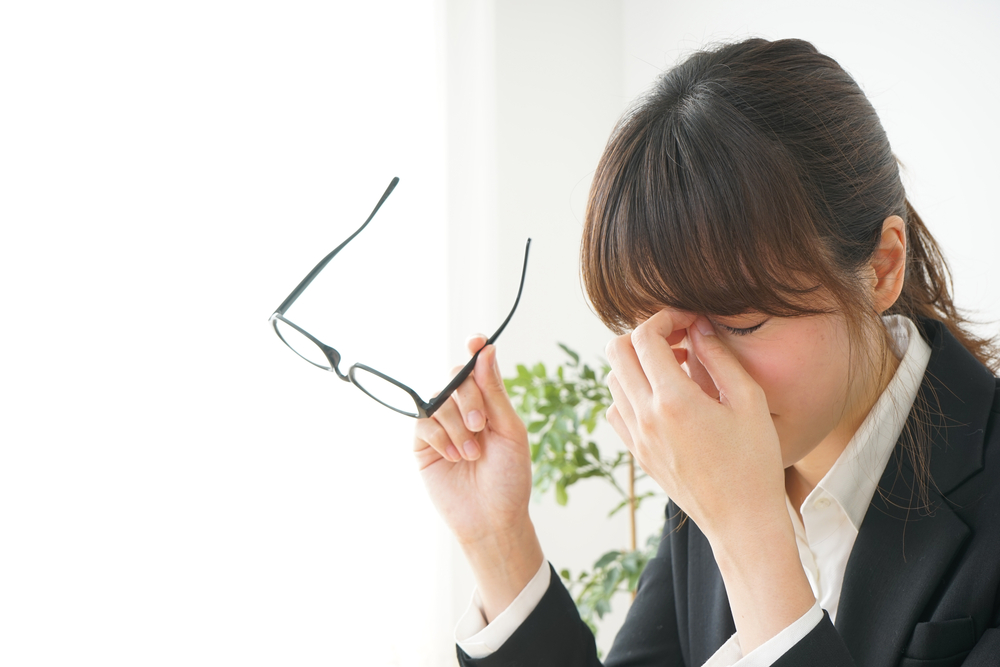
Most of us have experienced irritation in our eyes. Nothing is more relieving than being able to remove an irritant from the eye. Sometimes, eye irritation can be the result of something invisible to the human eye and this is when doctors refer a person to an allergist, especially if the irritation is persistent. Millions of Americans suffer from seasonal allergies.
One of the most common types of allergies is eye allergies. Several things trigger eye allergies sometimes referred to as allergic conjunctivitis or ocular allergies. The number one culprit is pollen from grass, trees, and weeds. Pollen is usually outdoors, but there are also indoor allergens that can trigger allergies, such as dust mites, pet fur, or mold. Some people also develop eye allergies from irritants such as perfume, smoke, or exhaust fumes.
The common symptoms of eye allergies are:
· Itching.
· Burning sensation in the eye.
· Redness of the eyes.
· Swollen eyelids or puffiness.
· Tearing.
· Nasal congestion.
Dry eyes are also another common condition that affects the eyes. Sometimes, it is hard to distinguish dry eyes from allergies, but an experienced eye doctor can detect the difference. Sometimes, dry eyes and allergies can occur at the same time causing symptoms of both conditions.
The specific dry eye symptoms can include having a burning sensation, feeling that something foreign is in the eye and staining. It can also include reduced tears and eye fatigue.
Dry eyes are less common than allergies. They also tend to affect more of the older generation. This is because old people are likely to get menopause, lupus, rheumatoid arthritis, and old age diseases that affect tear production. Dry eyes occur when there is a problem with the production of tears.
The tear aqueous/water, lipids, and mucin make up tears. When the water or mucin is little or the lipids are too little, a person develops dry eyes. Dry eyes are the result of a malfunction of the meibomian gland that produces lipids. The lipid layer prevents tears from evaporating or spilling from the eyelid. When lipids are little, tears do not stay in the eye for long, therefore the eye becomes dry.
Normally, when the eye experiences some irritation from either an allergen or dryness, it produces a temporary flood of tears. This means that teary eyes can sometimes be a symptom of dry eyes; however, the flow, in this case, comes in episodes.
Allergies rarely cause dry eyes unless they affect the meibomian gland that produces lipids. Certain allergy conditions such as atopic keratoconjunctivitis (AKC) or vernal keratoconjunctivitis (VKC) and giant papillary conjunctivitis affect the meibomian gland.
It is also important to note that while a patient is getting treatment for allergies, they can also develop dry eyes or make their dry eyes condition worse if they had both conditions. This is because some antihistamines and decongestants used to treat dry eyes can cause a reduction of tears.
If you have eye allergies and dryness at the same time, it could be that you have dry eyes instead of allergies, both allergies and dry eyes, or your allergies are affecting the meibomian gland that is vital in the production of tears. We at Insight Eyecare can give a proper diagnosis for your condition. Please feel free to visit us at our offices in Las Vegas, Nevada. You can also call us at (702) 718-7163 to book an appointment.








